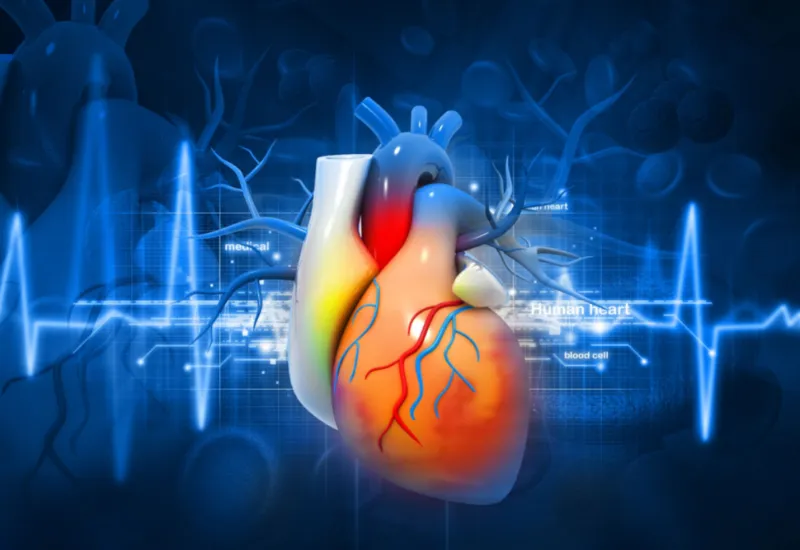Please note that these services are not intended for any emergency medical situations. If you are having a life-threatening or serious condition that may require hospitalization, including, but not limited to, high-grade fever; low or high blood pressure; active serious infection, including, but not limited to, COVID; chest pain; shortness of breath; severe pain; or stroke-like symptoms, please call 911 immediately or go to a nearby emergency center as quickly as possible.
If you do not have a physician's order for labs or non-invasive radiology services, you may request it through our network of affiliated physicians/providers in selected states for an additional non-refundable fee, as listed (asynchronous consultation). Please note that an asynchronous consultation or physician-order service for diagnostics is not available for radiology tests requiring IV contrast. Patients needing a diagnostic study with IV contrast must complete an online visit with our physician first and, likely, will also need to have a lab test for their kidney function before a diagnostic study with IV contrast can be scheduled.
Once you request our provider or physician's order service, you will receive an email from us inquiring more details about your medical history. Based on the information you provide, one of our affiliated physicians or providers will make a determination about processing the order for the requested service. In some cases, as determined by our affiliated medical team, you may be required to provide additional clinical information or may be asked to have a more detailed online visit (an additional fee may apply) before your order can be processed. Please note that in some situations, or based on available clinical information, our team may even decide not to process the requested diagnostic order service and rather may recommend you to seek immediate medical attention in person or go to the nearest urgent care or ER. In that case, any advanced payment for the diagnostic service(s) will be refunded, but the physician's consultation or order request fee will remain non-refundable.
Please also note that any post-diagnostic service follow-up visit(s) or treatment(s) is not covered in this service fee and the ordering physician is not responsible to provide any continued care unless you sign-up for that service separately. Depending on your situation or test results, you may be advised to seek consultation with either primary care or a specialist physician (local or online) for further work-up and treatment. If you are unsure or have any questions, please call our customer support service before placing an order.
By clicking "Continue", you agree to the policy, terms, and conditions.













The disorder involving your heart valves is referred to as valvular heart disease. Your heart is a muscular organ located in the center of the chest. Its function is to pump blood with oxygen and nutrients throughout the body and bring back the blood containing carbon dioxide taken to the lungs to exit the body. It consists of four chambers; the upper two are atria, and the lower two are called ventricles. These chambers are separated by valves that allow the blood to flow in one direction only to avoid mixing the blood to prevent disruption of heart function. Your heart contains four valves. The two are between the atria and ventricle, while the other two are at the commencement of main blood vessels taking blood away from the heart to the body and the lungs, i.e., the aorta and pulmonary artery.
Any condition affecting these valves results in the disruption of heart function, and so the symptoms depend on the valve type involved. They are cured either with medicines, surgery, or both.
The disorder involving your heart valves is referred to as valvular heart disease. Your heart is a muscular organ located in the center of the chest. Its function is to pump blood with oxygen and nutrients throughout the body and bring back the blood containing carbon dioxide taken to the lungs to exit the body. It consists of four chambers; the upper two are atria, and the lower two are called ventricles. These chambers are separated by valves that allow the blood to flow in one direction only to avoid mixing the blood to prevent disruption of heart function. Your heart contains four valves. The two are between the atria and ventricle, while the other two are at the commencement of main blood vessels taking blood away from the heart to the body and the lungs, i.e., the aorta and pulmonary artery.
Any condition affecting these valves results in the disruption of heart function, and so the symptoms depend on the valve type involved. They are cured either with medicines, surgery, or both.